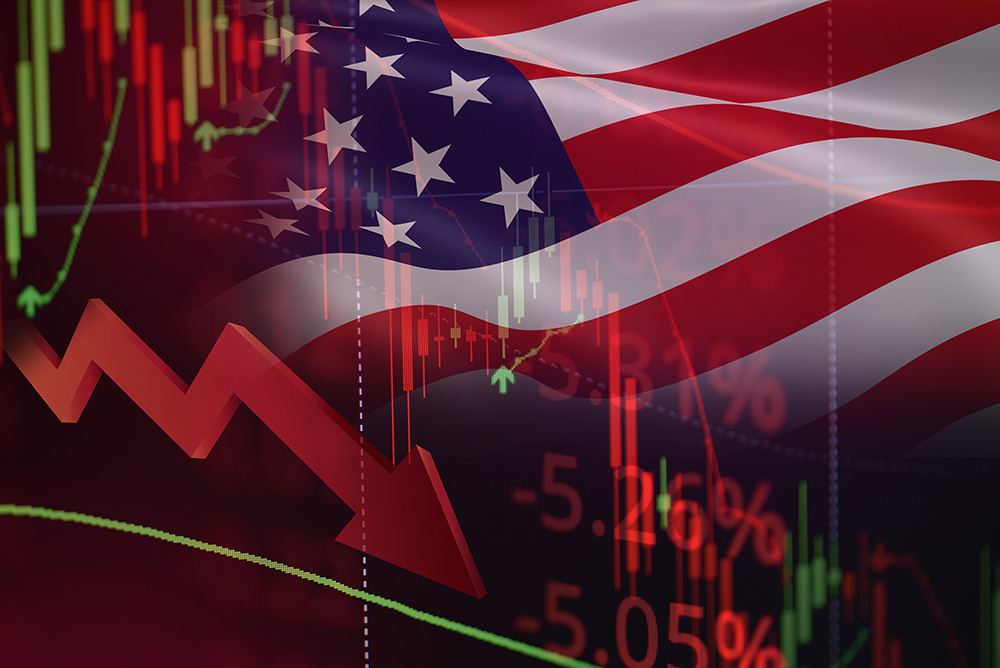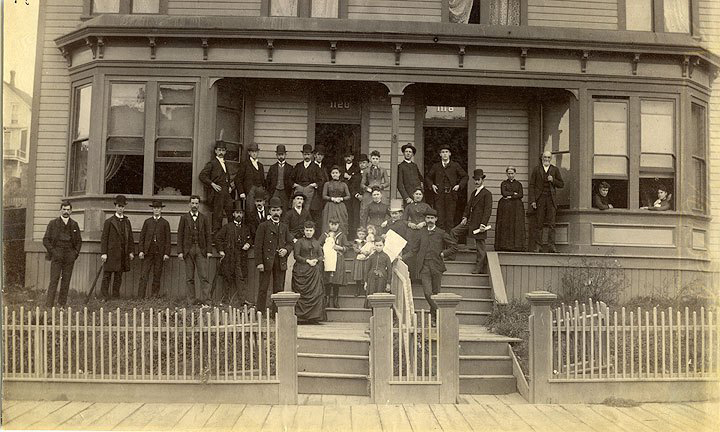- Navigator
- Business Retention and Expansion (BRE)
- Prospecting and Business Attraction
 As economic development professionals, we operate in a world where politics can sometimes play a major role when setting priorities and can create both opportunities and challenges for the work we do. While Camoin Associates does not take sides in political debates, this article offers insights into how politics can influence economic development that professionals should be of.
As economic development professionals, we operate in a world where politics can sometimes play a major role when setting priorities and can create both opportunities and challenges for the work we do. While Camoin Associates does not take sides in political debates, this article offers insights into how politics can influence economic development that professionals should be of.
Let’s start at the beginning …
At the end of our Revolutionary War, the newly independent country was in debt and paper money was useless. Building our economy and preparing for the future was a very difficult task.
The political parties at the time consisted of the Federalists (future Democratic Party), led by Alexander Hamilton and supported by George Washington and John Adams, and the Democratic-Republicans (future Republican Party) led by Thomas Jefferson. Both parties had their own vision of how the country should recover from the war and move forward in the right direction and divisions were strong. And yet, somehow, we still managed to “form a more perfect union.”
Although we’re not facing the same challenges we were in the wake of the Revolutionary War, our two major political parties continue to have very different philosophies about how the government should be run to this day. And these philosophies (and associated actions) have a definitive impact on the business world.
Regardless of political party, there are a number of political factors that affect our businesses today:
- Bureaucracy
- Corruption
- Freedom of the press
- Tariffs
- Trade control
- Data protection/privacy law
- Employment law
- Discrimination law
- Health and safety law
- Competition law
- Regulation and deregulation
- Tax policies
- Government stability and related changes
- Government involvement in trade unions and agreements
- Import restrictions on quality and quantity of product.
- Intellectual property law
- Consumer protection and e-commerce
- Environmental protection law
According to a Pew Research Center survey, most US adults say our economic system unfairly favors powerful interests, compared with less than a third who say the system is generally fair to most Americans. A majority of Americans also said politicians, large corporations, and people who are wealthy have too much power and influence in today’s economy. Let’s look at a few contributors to this idea.
- Governments can lower tax rates for some businesses and raise them for others. Strategies that work towards keeping a balance can reduce negative impacts.
- Political actions taken by a country can impact a business’s ability to expand abroad. Some countries will be reluctant to do business in a country that is in turmoil due to the financial risk outweighing any potential benefit.
- Tax policies also influence whether or not a foreign company will expand its operations in the US. They may be discouraged by policies established by the government that are meant to nurture local companies. Finding a middle ground that encourages expansion by all businesses will benefit local economies.
- Employment laws vary from state to state and range from safety measures for workers to minimum wage rates. The costs associated with these requirements will impact the number of employees a company may hire or retain.
Now, let’s take a quick look at how the economy is viewed by our country’s two major political parties in this century. Note that these are generalizations supported by evidence, but there are always variations within any one group.
Democrats take a Keynesian approach to economics (government intervention can prevent or address recessions/downturns) and focus their attention on low- to middle-income families whose labor drives the economy. This includes supporting policies that lower the cost of living, raise the minimum wage, close the gap between classes, and protect and conserve the natural environment.
Republicans advocate supply-side economics and limited government spending and intervention in the economy. They believe tax cuts for businesses and deregulation will encourage companies to grow and that a lower minimum wage will reduce layoffs. They promote the pursuit of prosperity without government assistance and tend to support economic plans and policies that favor businesses and investors over environmental concerns or worker needs.
Just like anyone else, business owners and C-level executives often hold very strong opinions about the economy and how our country should be run and regularly donate large sums of money to their preferred candidates, initiatives, and political action committees, and lobby political groups to support or oppose laws that will benefit or harm their businesses. In many cases, there has been no hesitation by CEOs to publicly express their support for or opposition to certain political stances or actions.
In recent years, politics has become an even bigger factor in decisions made by executives about where their businesses are located and where they may expand to. A number of Republican and Democrat business executives have publicly stated they are unwilling to expand their companies into states run by governors that belong to the opposing political party, regardless of the business advantages offered by that state.
This division between political parties has a direct impact on businesses, which trickles down to our day-to-day living. It starts on Capitol Hill, makes its way through the business world, and ends up at our doorstep.
We’re still building our country, as we did after the Revolutionary War, and it is a work in progress. As economic development professionals, our role should be to focus on what is best for our community and region and avoid reacting to the pressure from political and business leaders — it is likely we can find more common ground that way and ensure prosperity for everyone.






